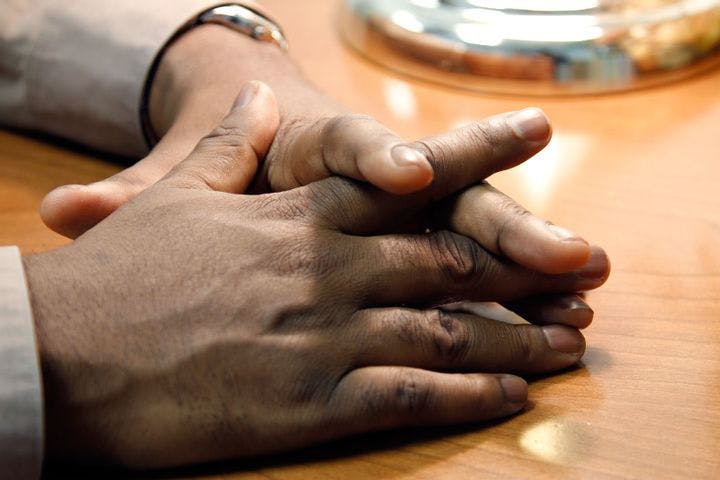Fall 2012
“Black America” isn't a monolith. Quit acting like it is.
– The Wilson Quarterly
Fantasies of a monolithic "Black America" distort our national conversation on race and policy.
In July 2009, Henry Louis Gates Jr., a Harvard professor and a black man, broke into his own home when he couldn’t unlock the door. Neighbors reported a burglary, and when a Cambridge police sergeant arrived, Gates shouted abuse at him and was soon arrested for disorderly conduct. Many held up the incident as a case of racial profiling, and an example of how little race relations have progressed.
In truth, it bore little resemblance to the harsh stop-and-frisk tactics practiced in American cities — last year, New York City police stopped nearly 700,000 people, 84 percent of them black or Latino. (Only 12 percent of those encounters resulted in arrests.) The Gates brouhaha, Stanford Law professor Richard Thompson Ford argues, illustrates a very different problem: “Increasingly desperate attempts to cling to outdated ideas of racial identity and solidarity have bred a fundamentally dishonest racial conversation that warps individual psychological development and confounds cross-racial understanding.”
Until recent years, dealing with racism united black Americans; rich and poor could count on day-to-day injustices. Since the civil rights era, however, racism has been in steady decline. As white supremacists are replaced by “a generation raised on The Cosby Show and Oprah Winfrey,” and prestigious schools and companies alike recruit minority applicants, opportunities for mainstream blacks are on par with those for whites, and racially tinged snubs are little more than occasional annoyances, Ford says. Meanwhile, members of the black underclass struggle to secure such basics as nutrition, employment, and personal safety — their opportunities for social advancement are stuck somewhere near Reconstruction. For them, racism is still a fact of life.
Amid the fracturing of the black community, defining the “black experience as one of constant peril and in terms of the suffering of the most disadvantaged, victimized, and unfortunate blacks” is, Ford contends, “at best a useful fiction that encourages us to work to improve the plight of the disadvantaged. But at worst it’s a way of staking a claim to sympathy for injuries suffered by other people.” If persistent racism is no longer a given, what does it mean to be a black American?
In trying to work out identity, “we haven’t moved past race, but our relationship to it has become exaggerated and stylized,” Ford writes. “From the predictable racial scandals that are a staple of talk radio and television news to the caricatures of black masculinity offered by professional musicians and athletes, today’s race relations are insincere in a profound but mostly accidental way. We are reciting lines written for characters we were supposed to be, wish we were, or are afraid of becoming.”
Hip-hop stars have emerged as prime arbiters of the “authentic” black experience, marked by crime and the mistreatment of women. Never mind that rappers are no more than well-paid “professional entertainers” beloved by mainstream culture; impressionable youngsters seek to emulate them — to their own detriment.
Rejecting the mystique of the urban outlaw is of a piece with escaping poverty and isolation, but schoolchildren who venture to do so are often called out, among their peers, for “acting white.” Harvard economist Roland Fryer has examined the phenomenon, and Ford agrees with his analysis: The insult is meant to keep members of an embattled group, those most likely to leave, from abandoning the others. If this is so, then blacks should work to dismantle the complex social pressures to act quote-unquote black, even if doing so creates an identity crisis.
THE SOURCE: “Black and White No Longer” by Richard Thompson Ford, in The American Interest, Sept.–Oct. 2012.
Photo courtesy of Wikimedia Commons
